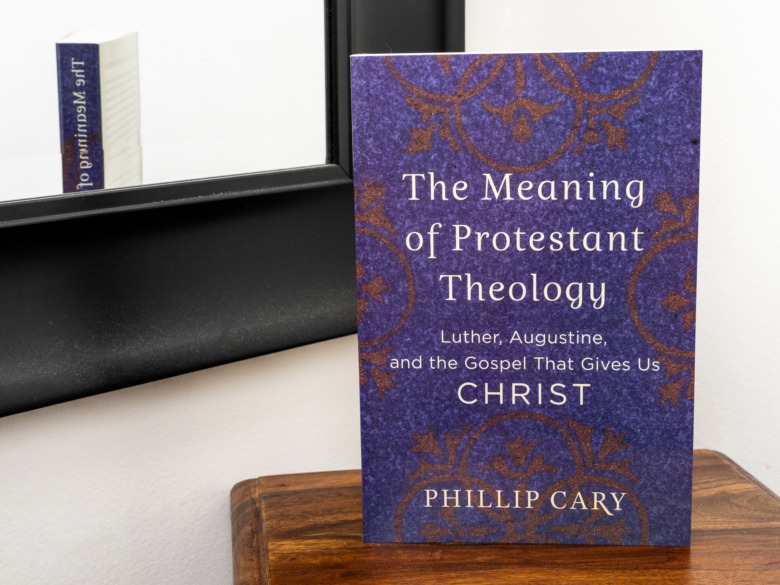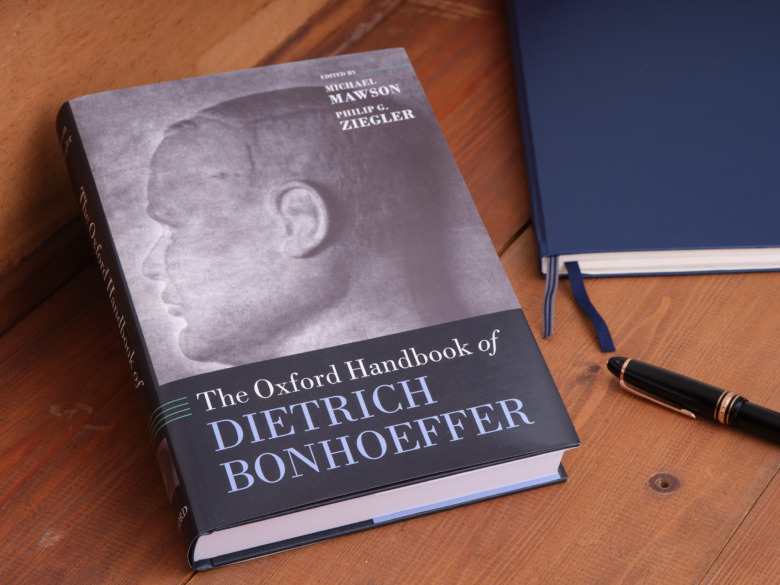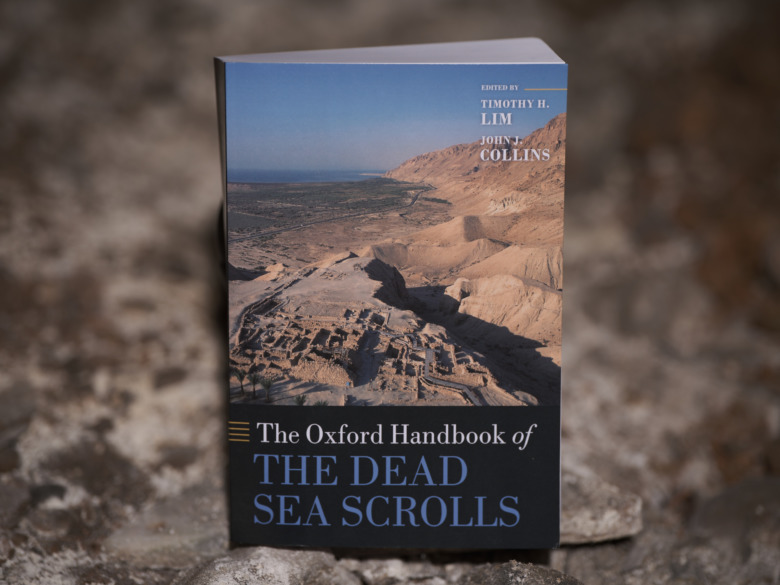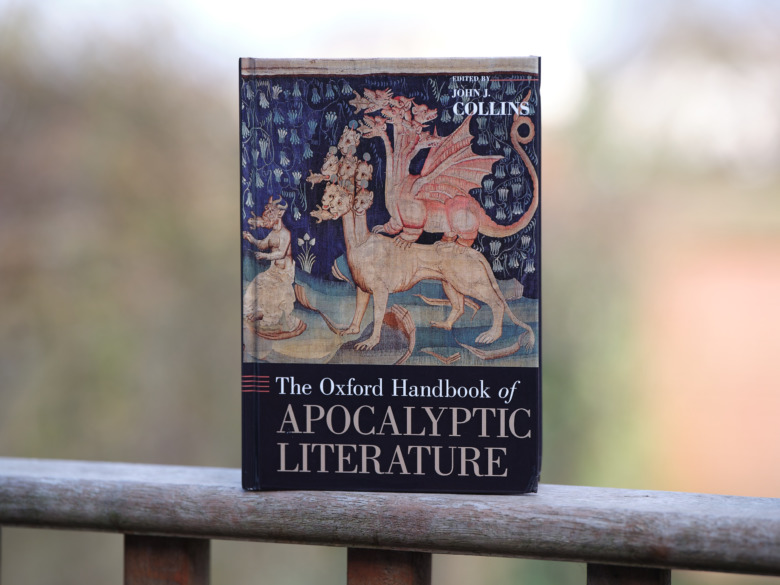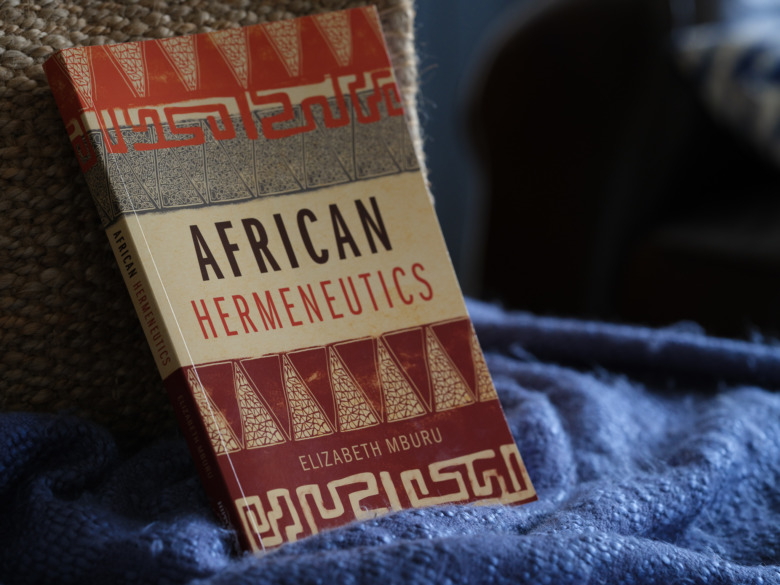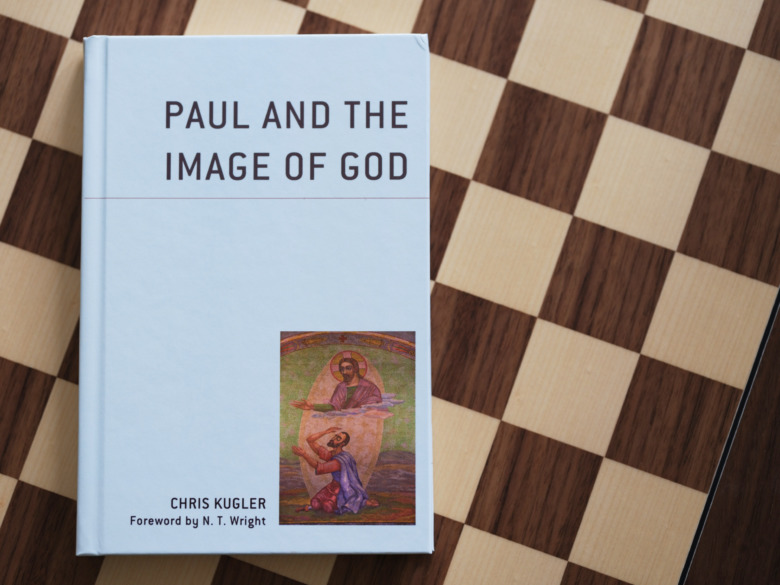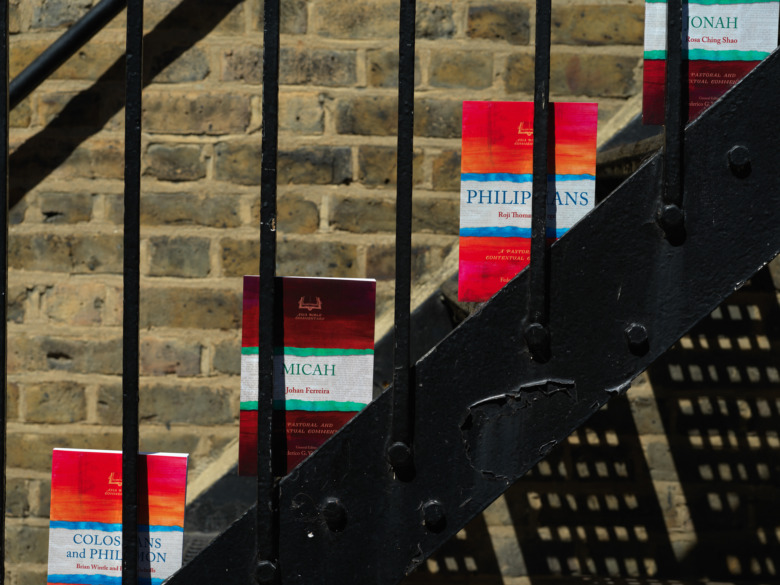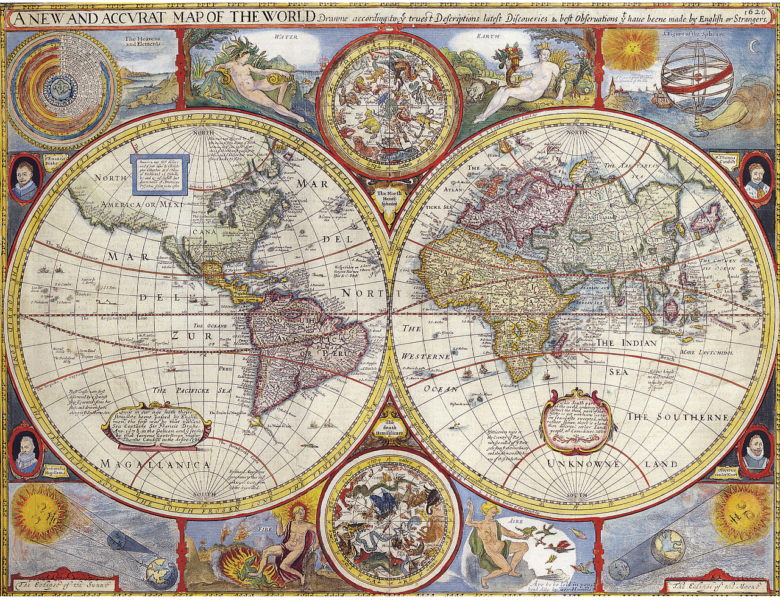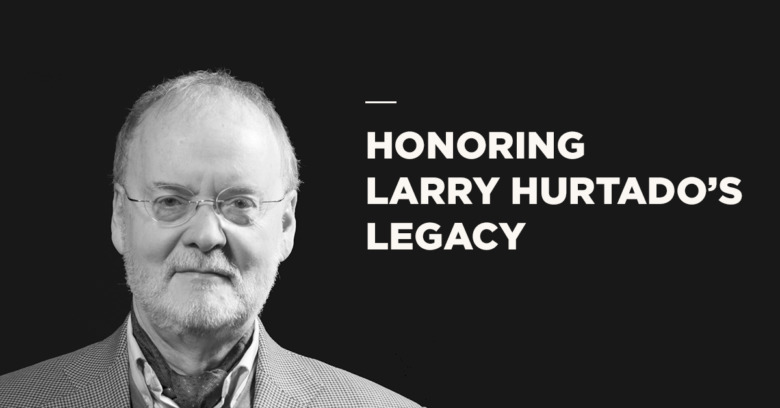by Phillip Cary The key concept in The Meaning of Protestant Theology is there in the subtitle: The Gospel that Gives Us Christ. That’s the core of Protestant theology and the key to its meaning, as well as the center of the distinctively...
Image: © Tavis Bohlinger The Oxford University Press Handbooks are renowned as go-to volumes for students and scholars alike when embarking on research in new topics, or for seasoned scholars who want to know the essential bibliographies for any...
"This [digital] edition will open up the research of the Handbook for easy access...It is a welcome development in the dissemination of the Handbook."
"There are no better guides to the state of scholarship." - John J. Collins
by Kris Brossett In Part I of Kris Brossett’s series he discussed three views of hell, including Eternal Conscious Torment (ECT), Annihilationism/Conditional Immortality (ACI), and Christian Universalism (CU). In this second section, Kris...
"If we truly believe that the church is one body, then we ought to be aware of what is happening in the rest of the world. After all, our scholarship ought to serve the Church and society. This is the concept of unity in diversity and the...
"What does God say about hell? What is left to mystery and what is definitively revealed in the biblical texts? Not everyone arrives at the same place when they survey the Scriptures, so how are we to respond?"
As a father of four children between the ages of 6 and 13, it was challenging during the early stages of the lockdown period to engage with my studies as a PhD student as well as assist my children with their learning. In hindsight, knowing now the...
"Grudem’s new chapter deserves a full response, and particularly one which presses in on the coherence of his affirmation of eternal generation with his reaffirmation of eternal functional subordination and with his view of the divine will"
By Donald C. McIntyre See also Part 1 and Part 2. A Case Study in Matthew 2:1–12 There are forty-seven verbal forms in this pericope; all but 10 verbal forms are perfective aspect. Of those ten forms that are not perfective, one is stative, two are...
Image: © Tavis Bohlinger by Donald C. McIntyre See also Part 1 Verbal Aspect has the Ability to Show Points of Emphasis and De-emphasis In Porter’s analysis of Philippian 2:5-11 the two verbal forms which are not in the perfective aspect are the...
by Donald C. McIntyre Verbal Aspect is Critical to an Accurate Apprehension of the Text Verbal aspect theory arose to prominence in 1989 and 1990 with the simultaneous work of Stanley Porter and Buist Fanning, who both sought to show how linguistics...
In the first half of my scholarly vocation during the pandemic I was occupied with the rushed development new competencies in learning and teaching technologies. And, of course, there was Zoom: meetings, seminars, tutorials, and more. With four...
What’s your background (academic and otherwise) and how did that prepare you to write Paul and the Image of God? I grew up in a small, charming town in Tennessee, USA, where I fell in love with Bible and Theology during my undergrad (a BA in...
There isn’t one item that the Covid-lockdowns have affected. I tend to think of myself as relatively Type-A and quite structured in my writing and research life. But now, I’m lucky to have a few hours of research, if at all, on any given day.
"Every theology is contextual." - Federico Villanueva
When the lockdown first came into force in March, I immediately had a number of speaking engagements and meetings cancelled, which meant spending more time at home. This took the pressure off my time, and I was more relaxed and could spend more time...
"I am using Josephus's life—his biography, as much as we can know it—as a way of reading Paul's biography."
This year has been strange for all of us and unnerving in its constant uncertainty. I spent the majority of 2020 writing up my PhD thesis, which I submitted at the beginning of November. The process of writing up certainly did not pan out in the way...
"Think of your life on the other side of the pandemic. How will you retroactively judge the decisions you made during lockdown?"
"Lockdown is hard. If you have struggled to research during this time – struggled to read and write and think interesting things – I am with you. If you have not struggled, very well done, but please be quiet."
I have never visited the frozen northern territory of Siberia, but when reading The Gulag Archipelago I utilized maps of Russia’s vast terrain to try and conceptualize Solzhenitsyn’s scenes of oppression and hopelessness. I’ve had a similar...
by Dr Julia Lindenlaub (PhD, University of Edinburgh) One of the biggest struggles of lockdown has been missing time spent with friends and colleagues, so all of the remarkable effort that has gone into maintaining academic community online has been...
"Reading the Bible in the original languages causes us to be more thoughtful and careful about the actual wording of the text." -- Robert Plummer
My lockdown has been hard. At first, it was OK and even a bit nice being around my family. However, the pressures of working, homeschooling, chores, etc. became increasingly stressful. Things came to a head in June when I contratracted stress...
I am very fortunate that so far we can continue face to face teaching at our small theological College. Seeing real people is a lifeline for me.
This week, in remembrance of his death nearly one year ago, Lexham Press has been honoring the life and work of Larry Hurtado. An accomplished scholar and professor, Dr. Hurtado was the author of many books and articles, notably Honoring the Son...
"Life in lockdown is exhausting." Prof John Barclay
Image: © Tavis Bohlinger by Prof Steve Walton This list is aimed at providing a starter list for useful journal, book series, sources of book reviews, and online sources for journal articles. It’s not the last word, but hopefully it’s a useful guide...
